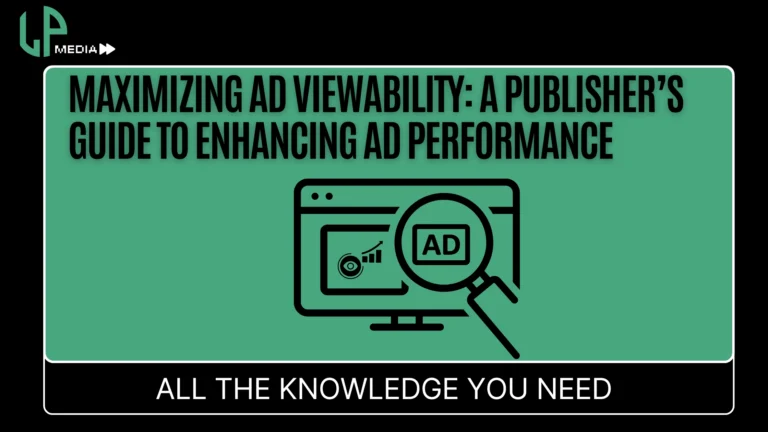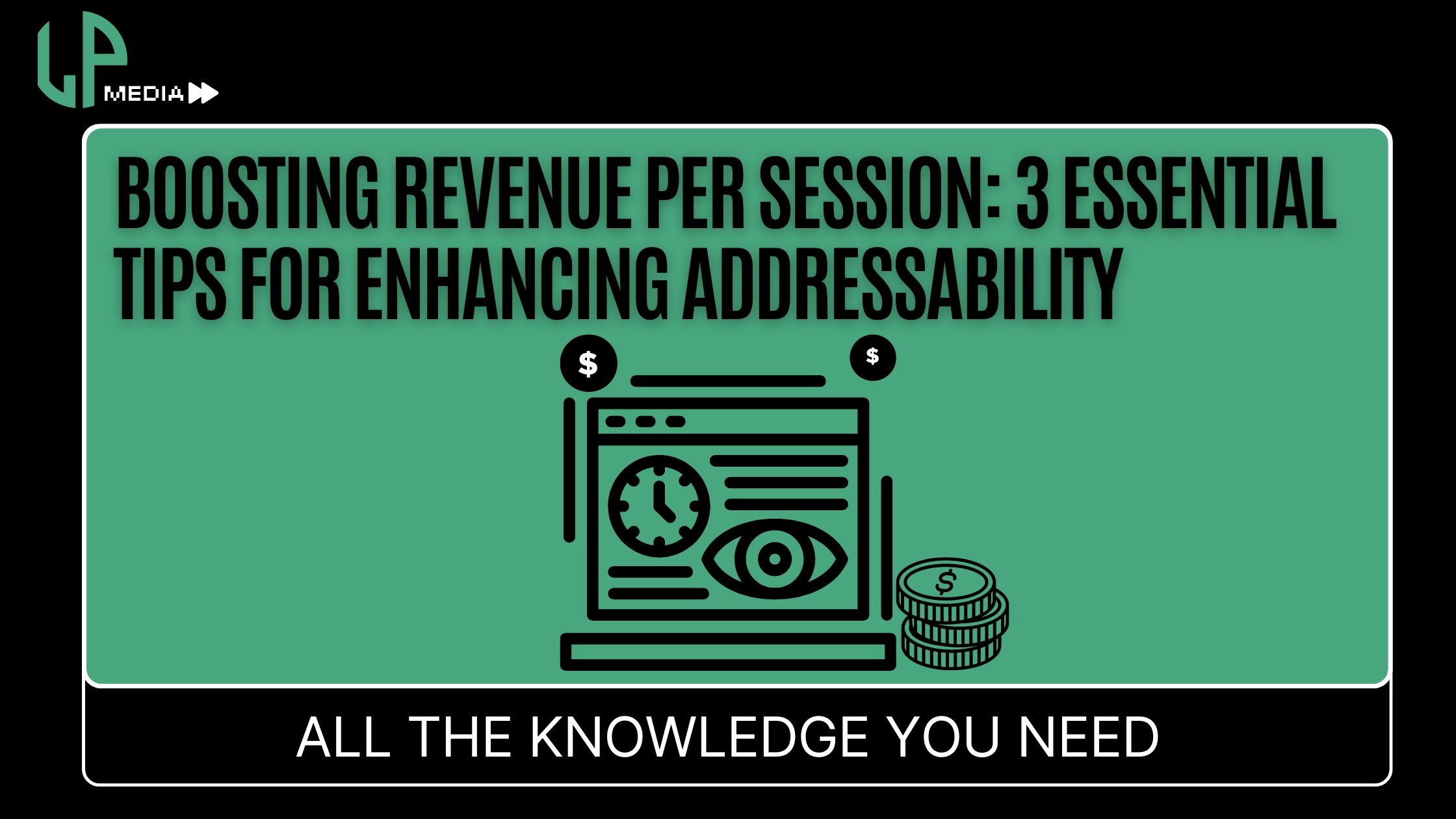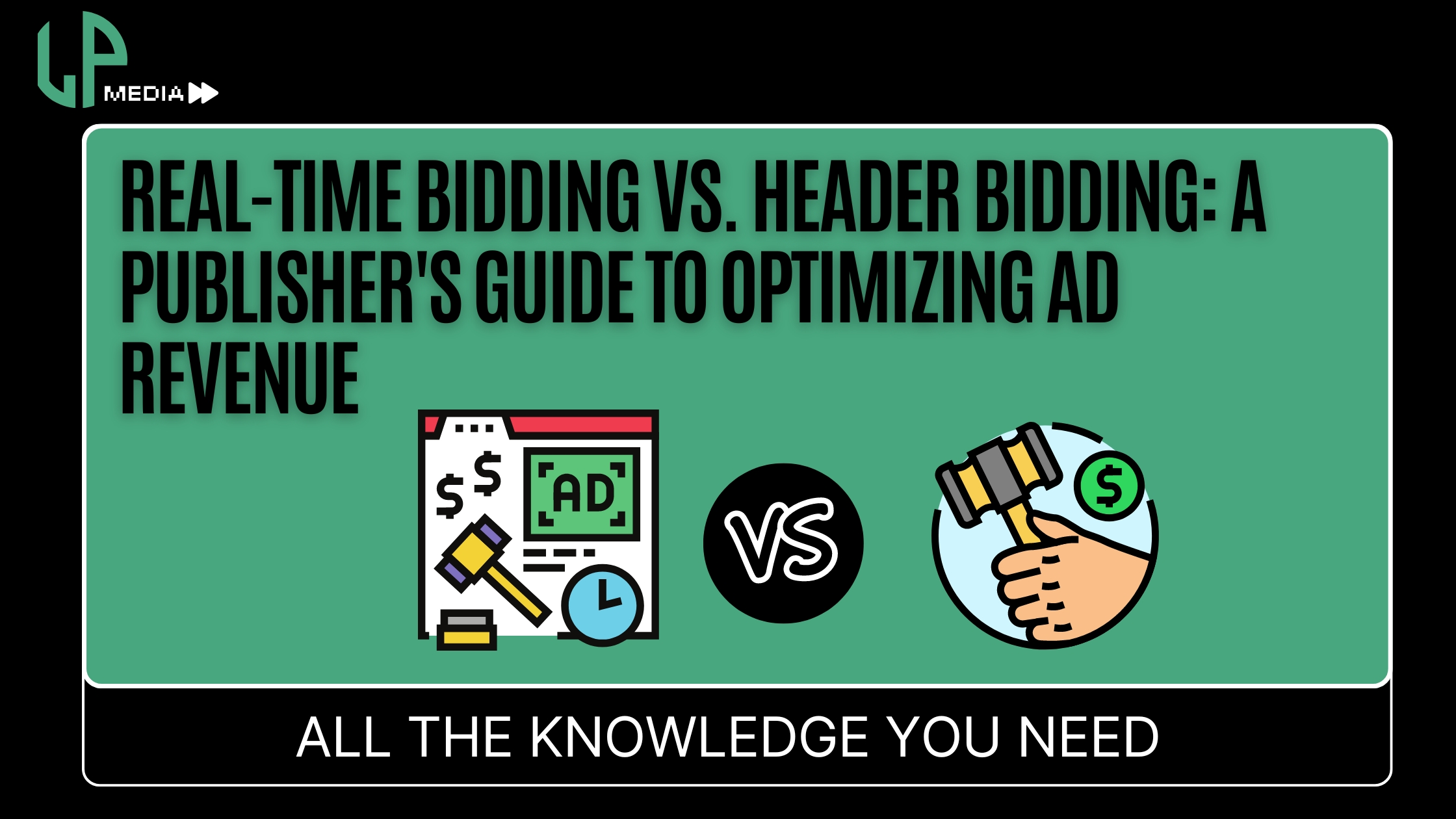In the digital age, monetizing a website is a common goal for many online entrepreneurs, bloggers, and business owners. However, achieving consistent revenue from a website is not as straightforward as it seems. There are several pitfalls that can derail your efforts. In this comprehensive guide, we will delve into the top 5 website monetization mistakes you should avoid to ensure your website’s profitability and sustainability.
1. Neglecting User Experience
Understanding the User Journey
One of the most significant mistakes in website monetization is prioritizing ads and revenue over user experience. Visitors come to your site for valuable content, and if they are bombarded with intrusive ads, pop-ups, and slow load times, they are likely to leave. A high bounce rate can negatively impact your SEO rankings and, ultimately, your revenue.
Tips to Improve User Experience:
- Optimize Load Times: Ensure your site loads quickly by compressing images, using a content delivery network (CDN), and minimizing JavaScript and CSS files.
- Responsive Design: Make sure your website is mobile-friendly. A large portion of traffic comes from mobile devices, and a poor mobile experience can deter users.
- Ad Placement: Be strategic with your ad placements. Avoid placing too many ads above the fold and within the content where they can disrupt the reading flow.
2. Overlooking the Importance of Diverse Revenue Streams
Dependence on a Single Revenue Source
Relying on a single source of income, such as AdSense, can be risky. If that source experiences a downturn or changes its policies, your revenue could plummet. Diversifying your income streams ensures a more stable and resilient revenue model.
Ways to Diversify Revenue Streams:
- Affiliate Marketing: Partner with brands and promote their products. You earn a commission for every sale made through your referral link.
- Sponsored Content: Collaborate with companies for sponsored posts or reviews. Ensure the content is relevant and valuable to your audience.
- Digital Products: Sell e-books, online courses, or exclusive content. This not only generates revenue but also positions you as an authority in your niche.
3. Ignoring SEO Best Practices
SEO: The Lifeblood of Organic Traffic
Search Engine Optimization (SEO) is crucial for driving organic traffic to your website. Without proper SEO, your site might get lost in the vast expanse of the internet, making it difficult for potential visitors to find you. Ignoring SEO can significantly hinder your monetization efforts.
SEO Best Practices to Implement:
- Keyword Research: Use tools like Google Keyword Planner, Ahrefs, or SEMrush to identify relevant keywords and incorporate them naturally into your content.
- On-Page SEO: Optimize your meta titles, descriptions, header tags, and images. Ensure your content is structured and easy to read.
- Quality Content: Focus on creating high-quality, valuable content that addresses the needs and interests of your audience. This can help improve your site’s authority and ranking.
4. Failing to Engage with Your Audience
The Power of Community Building
A common mistake is neglecting the engagement and interaction with your audience. Building a community around your website can lead to loyal visitors who are more likely to convert into paying customers or advocates for your brand.
Strategies to Enhance Audience Engagement:
- Social Media: Leverage social media platforms to share your content and interact with your audience. Respond to comments and messages promptly.
- Email Marketing: Build an email list and send regular newsletters. Offer exclusive content or discounts to your subscribers.
- Feedback and Interaction: Encourage feedback through comments, surveys, and polls. Engage with your audience by responding to their comments and addressing their concerns.
5. Not Tracking and Analyzing Performance
The Importance of Data-Driven Decisions
Without proper tracking and analysis, you cannot understand what is working and what isn’t. Ignoring analytics can lead to missed opportunities and wasted efforts. It’s essential to continually monitor your website’s performance and make data-driven decisions.
Key Metrics to Track:
- Traffic Sources: Understand where your visitors are coming from. Are they finding you through search engines, social media, or direct visits?
- User Behavior: Analyze how users interact with your site. Which pages are they visiting? How long are they staying? Where are they dropping off?
- Conversion Rates: Track the effectiveness of your monetization strategies. Are your visitors converting into customers, subscribers, or leads?
Conclusion
Monetizing a website successfully requires a delicate balance between generating revenue and maintaining a positive user experience. By avoiding the common mistakes of neglecting user experience, relying on a single revenue stream, ignoring SEO, failing to engage with your audience, and not tracking performance, you can create a sustainable and profitable online presence. Implement these strategies, stay adaptable, and continuously optimize your approach to achieve long-term success.


